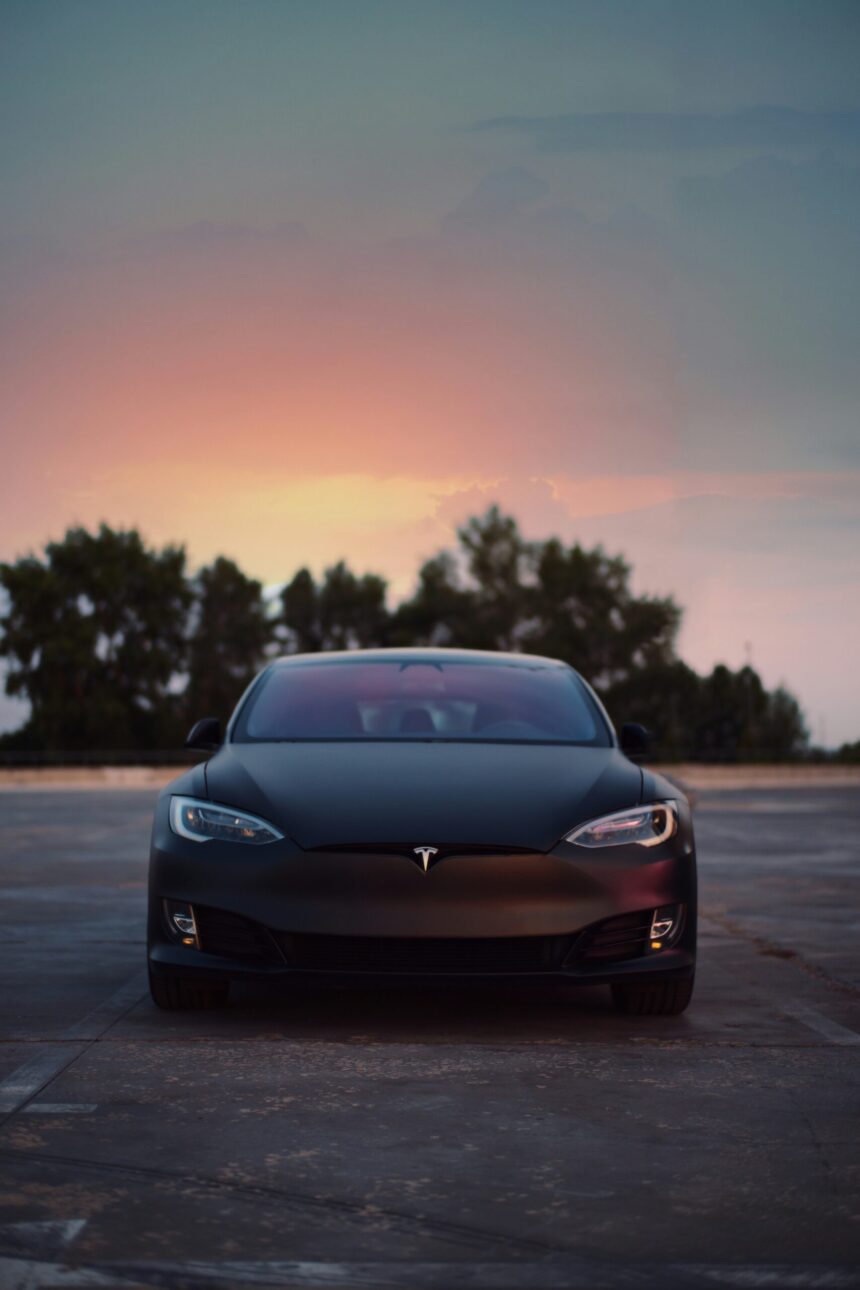Recently, there has been a quiet but significant development on Morocco’s commercial registry—a new entry for Tesla Morocco SARL. Situated in the vibrant Marina district of Casablanca overlooking the Atlantic Ocean, the company has been launched with an initial capital of 27.5 million dirhams, approximately $2.75 million. While Tesla is known for its electric vehicles, the establishment of Tesla Morocco indicates a broader strategic approach to its presence in the Moroccan economy.
Officially registered on May 27, 2025, Tesla Morocco represents the American brand’s first venture into North Africa. The company is a limited liability company (SARL) owned by Tesla International B.V. and Tesla Motors Netherlands B.V., both of which are Dutch subsidiaries of Tesla, Inc. Its registered office is located in the Crystal Tower, a modern glass building in Casablanca’s upscale marina district—a choice that reflects Tesla’s ambitions in the region.
Contrary to expectations, Tesla Morocco is not just entering the market to sell vehicles. The subsidiary has a multifaceted strategic agenda, as indicated by its company filings.
Expanding Beyond Car Sales: Tesla’s Diversified Approach in Morocco
1. Building a Comprehensive Automotive Ecosystem
Tesla Morocco’s scope extends far beyond importing vehicles. The company aims to cover the entire automotive lifecycle, including distribution, retail, maintenance, after-sales support, repairs, and the provision of replacement vehicles. This comprehensive approach aligns with Tesla’s global strategy of vertical integration and could revolutionize the market in a country where electric mobility infrastructure is still evolving.
2. Quietly Venturing into the Energy Sector
Besides focusing on electric vehicles, Tesla Morocco is poised to play a significant role in Morocco’s renewable energy initiatives. The company holds licenses for producing, storing, and marketing energy solutions such as solar panels, stationary batteries, and other photovoltaic technologies. This positions Tesla to introduce its Powerwalls, Megapacks, and solar roofing products, which complement Morocco’s increasing demand for sustainable energy infrastructure.
Notably, Morocco has made substantial progress in solar energy, most notably with the Noor Ouarzazate Solar Complex—one of the largest such projects globally. Tesla’s presence could enhance these efforts by decentralizing power distribution, bringing integrated solar and storage solutions to homes and businesses across the country.
3. Charging Infrastructure and Energy Services
Tesla Morocco has received approval to deploy EV charging stations nationwide. Additionally, the company is authorized to sell electricity and provide grid-related services, positioning it to collaborate with or challenge existing national utility providers.
While Tesla has not disclosed detailed execution plans, the broad regulatory approval suggests that Morocco is not merely a regional entry point but a potential testing ground for the large-scale integration of mobility and energy solutions in emerging markets.
Why Morocco? And Why Now?
Tesla’s entry into Morocco aligns with the country’s strategic role as a gateway to Africa. With political stability, favorable tax policies for investors, and a growing renewable energy sector, Morocco offers an attractive environment for sustainable long-term growth. Casablanca, in particular, has emerged as a regional business hub, attracting global companies seeking to serve Francophone Africa and the wider MENA region.
The timing of Tesla’s entry is also strategic. With the European Union tightening emissions regulations and global supply chains diversifying, North Africa presents an ideal balance—being geographically close to Europe, economically competitive, and supported by a youthful population.
Furthermore, Morocco’s commitment to achieving carbon neutrality by 2050 creates a conducive backdrop for Tesla’s energy initiatives. The country’s openness to involving the private sector in electricity generation and grid operations likely contributed to a regulatory environment conducive to Tesla’s comprehensive agenda.
Elon Musk’s Growing Presence in Africa
Despite his South African origins, Elon Musk’s ventures have had limited involvement in Africa historically. Tesla Morocco represents only the second significant African initiative associated with Musk, following the rollout of Starlink’s satellite internet services across several African countries starting in 2023.
What sets the Moroccan venture apart is its focus on infrastructure—specifically mobility, energy, and power systems—rather than connectivity. If successful, Tesla Morocco could serve as a model for expanding into other African markets, as governments across the continent strive to meet climate goals while ensuring energy accessibility.
For Morocco, Tesla’s entry signifies more than just foreign investment. It hints at a potential shift in the development of infrastructure projects. With the national grid traditionally managed by ONEE, Tesla’s dual role as an automaker and energy provider introduces a new, potentially disruptive dynamic to the country’s energy and mobility landscape.
Tesla Morocco’s mandate leaves room for either integrating with the national grid or establishing decentralized microgrid systems powered by solar energy and managed through smart storage solutions.
While the specific direction of Tesla Morocco’s operations is not yet clear, one thing is certain: Tesla is not merely establishing a presence but laying the groundwork for Morocco’s future through every battery, vehicle, and solar panel it deploys.








